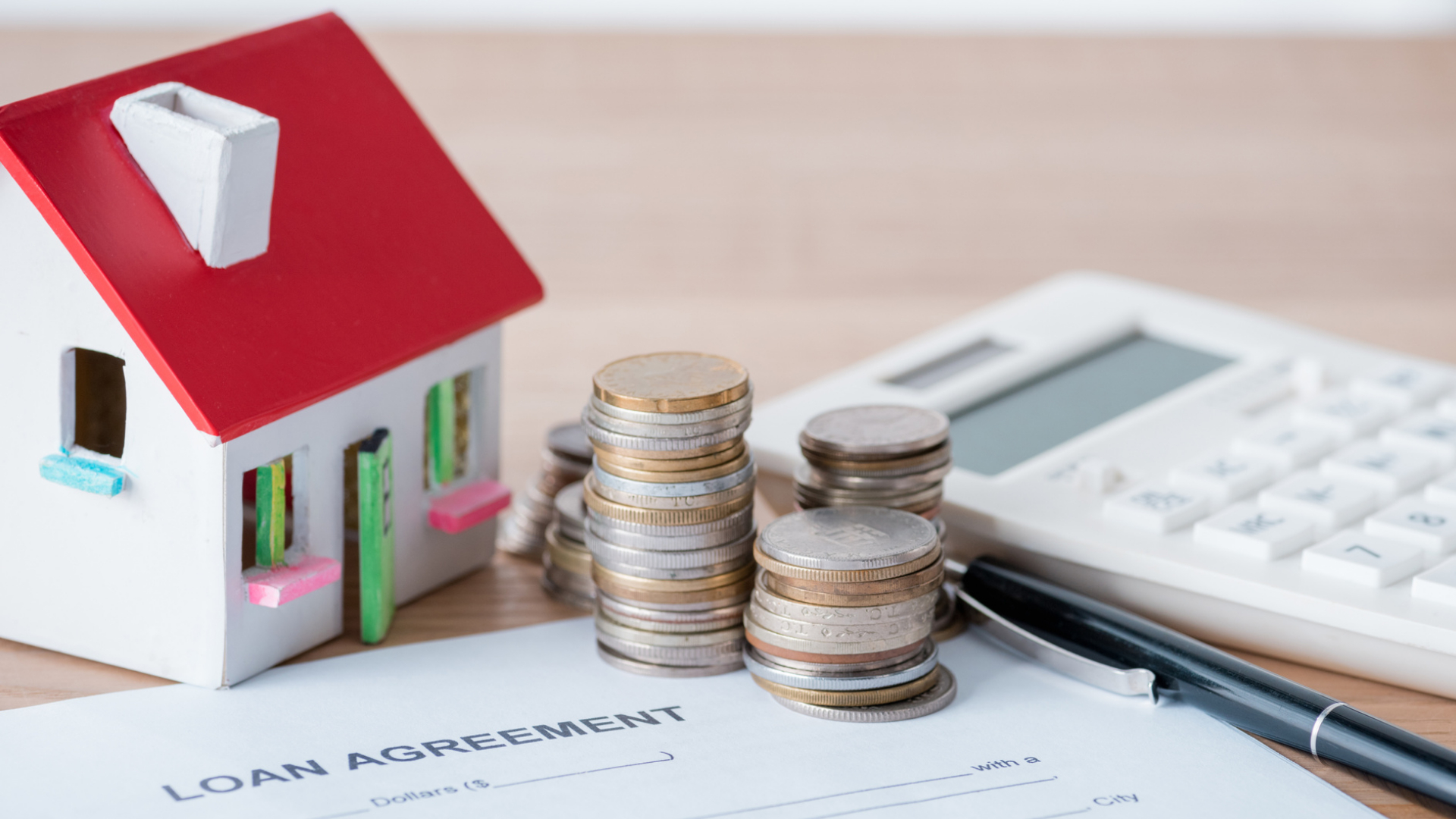Costs of Selling Your House in the UK
Table of Contents
- Estate Agent Fees Navigating Service Charges
- Conveyancing Fees Legal Aspects of the Sale
- Mortgage Fees Navigating Porting vs. New Mortgage
- Energy Performance Certificate (EPC) Costs Evaluating Energy Efficiency
- Removal Company Costs Transitioning to Your New Home
- Stamp Duty Assessing Financial Implications
- House Survey Unveiling Property Insights
- Preparing House for Sale Enhancing Property Value
- Additional Conveyancing Costs Navigating Administrative Fees
- Capital Gains Tax (CGT) Considering Tax Implications
- Conclusion Navigating the Comprehensive Cost of Selling a House
Selling a house is a multifaceted process that involves numerous financial considerations. From estate agent fees to conveyancing costs, understanding the expenses associated with selling your home is crucial for effective financial planning. In this comprehensive guide, we delve into the various elements that contribute to the overall cost of selling a house in the UK.
Estate Agent Fees: Navigating Service Charges
One of the primary costs you'll encounter is the estate agent's fee, a substantial component that significantly impacts your budget. Estate agent fees can vary, typically ranging from 0.75% to 3% of the final sale price.
It's essential to explore your options, whether opting for a traditional high-street agent or a more cost-effective online or hybrid agent. Understanding the fee structure and potential negotiations can help you make informed decisions.
Conveyancing Fees: Legal Aspects of the Sale
Hiring a solicitor or licensed conveyancer is imperative to handle the legal intricacies of selling your property. Conveyancing fees cover the legal aspects of the transaction and can vary based on the complexity of the sale.
On average, conveyancing fees in England amount to £2,003. It's crucial to assess whether you prefer using the conveyancer suggested by your estate agent or selecting an independent solicitor to manage the legal aspects efficiently.
Mortgage Fees: Navigating Porting vs. New Mortgage
If your property is mortgaged, you'll encounter additional fees related to your mortgage. Porting your mortgage to a new property is an option, especially if you're moving to a similarly priced or cheaper home. Our latest blog explores the option of porting your mortgage , shedding light on how this can be a strategic move, particularly when transitioning to a property of similar or lower value.
However, if you're upgrading to a more expensive property, the process can become more intricate and costly. Exploring the potential of remortgaging presents an opportunity to secure a more favorable deal, especially if you've reached the end of an introductory rate.
Energy Performance Certificate (EPC) Costs: Evaluating Energy Efficiency
Providing potential buyers with an Energy Performance Certificate (EPC) is a legal requirement when selling a home. An EPC assesses your property's energy efficiency, and the cost typically ranges from £60 to £120.
While the average cost is around £55, it's essential to shop around for the best deals, as these certificates are valid for ten years.
Removal Company Costs: Transitioning to Your New Home
The logistics of moving day entail significant costs, whether you opt for a DIY move or hire a professional removal company.
The average cost for a removal company is £1,181 for a 3-bedroom house traveling 50 miles. Factors influencing the cost include the size of the property, distance traveled, and additional services such as packing. Researching and obtaining quotes from multiple removal companies can ensure a smooth transition to your new residence.
Stamp Duty: Assessing Financial Implications
Stamp Duty is a significant consideration when selling your house, with costs varying based on the property's value. In England, the average Stamp Duty cost is £6,500, making it a substantial expense.
Understanding the specific rates and how they apply to your property's value is crucial for accurate budgeting. Be aware that Stamp Duty rates can differ in other parts of the UK, so it's essential to consult the relevant guidelines.
House Survey: Unveiling Property Insights
While the buyer typically covers survey costs, it's worth considering the implications of the house survey on your selling process. Providing a comprehensive view of the property's condition, a house survey can impact negotiations and potentially influence the final sale price. While the average cost is £456, it's vital to recognize the role a survey plays in the overall transparency of the sale.
Preparing House for Sale: Enhancing Property Value
Investing in your property's presentation can significantly impact its market value. Costs associated with cleaning, painting, and addressing minor repairs can range from £50 to £2,000. Undertaking these preparations not only improves the aesthetics but also positions your home favorably during viewings.
By presenting a well-maintained property, you increase the likelihood of attracting higher offers.
Additional Conveyancing Costs: Navigating Administrative Fees
Beyond the core conveyancing fees, there are additional costs associated with administrative tasks. These may include obtaining copies of title deeds (£7 each), money-laundering checks, and bank transfer fees.
Understanding these supplementary expenses ensures that you are financially prepared for the administrative aspects of the sale.
Capital Gains Tax (CGT): Considering Tax Implications
If the property you're selling is not your primary residence, you may be subject to Capital Gains Tax (CGT). The tax rate varies based on your income, with basic-rate taxpayers paying 18% and higher-rate taxpayers facing a 28% CGT.
Assessing your CGT liability is essential for accurate financial planning and avoiding unexpected tax implications.
Conclusion: Navigating the Comprehensive Cost of Selling a House
In conclusion, selling a house involves a diverse range of costs that collectively contribute to the overall financial landscape. Understanding each component, from estate agent fees to taxes, empowers you to make informed decisions and budget effectively. While the initial focus is often on the sale price, recognizing the associated expenses ensures a transparent and financially sound selling process.
By navigating these costs strategically, you can optimize your financial outcome and facilitate a smooth transition to your new home.





